Are US-Imported Cars Reliable? How to Avoid Buying a Problematic Car in Dubai
US-imported cars are becoming more common in Dubai’s automotive market. Many buyers are attracted to these vehicles due to their competitive prices, advanced features, and unique models that are not available in the GCC region. However, buying a US-imported car comes with certain risks, such as hidden damages, recall issues, and incompatibility with Dubai’s climate.
In this blog, Drive UAE will help you understand the reliability of US-imported cars and how to avoid purchasing a problematic one.
Understanding US-Imported Cars
A US-imported car is a vehicle originally manufactured for the US market and later brought to Dubai. These vehicles may include used cars, salvage-title cars, or vehicles from insurance auctions. While some of these cars are in excellent condition, others may have a history of accidents, floods, or major repairs, making them unreliable for long-term use.
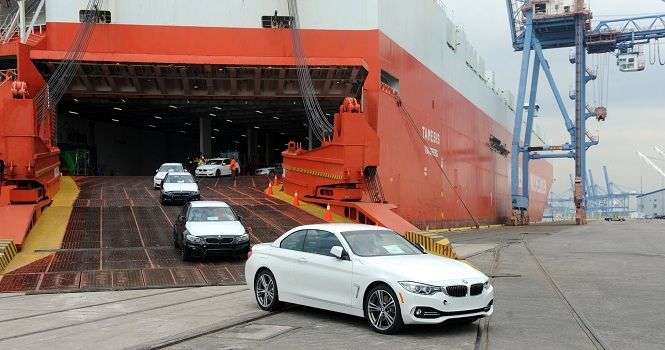
Comparing US-Spec and GCC-Spec Vehicles
Before purchasing a US-imported car, it is important to understand the key differences between US-spec and GCC-spec vehicles:
Climate Adaptation
US-spec cars are designed for North American climates, which are generally cooler than Dubai’s extreme heat. This means their cooling systems, radiators, and air conditioning units may not be equipped to handle high temperatures, leading to overheating issues.
Safety and Emission Standards
US vehicles follow different safety and emission standards compared to those in the GCC. Some US models may have features that do not comply with Dubai’s regulations, such as different lighting systems or emission controls.
Resale Value
US-imported cars typically have a lower resale value in Dubai. Many buyers prefer GCC-spec vehicles because they are designed for local conditions and are easier to maintain. If you plan to sell your car in the future, a US-imported vehicle may not fetch a high price.
Common Issues with US-Imported Cars
Imported cars might come with the following issues.
Accident and Salvage History
Many US-imported cars come from insurance auctions, meaning they may have been involved in accidents or declared a total loss by insurance companies. Some of these vehicles are repaired before being shipped to Dubai, but hidden damages may still exist.
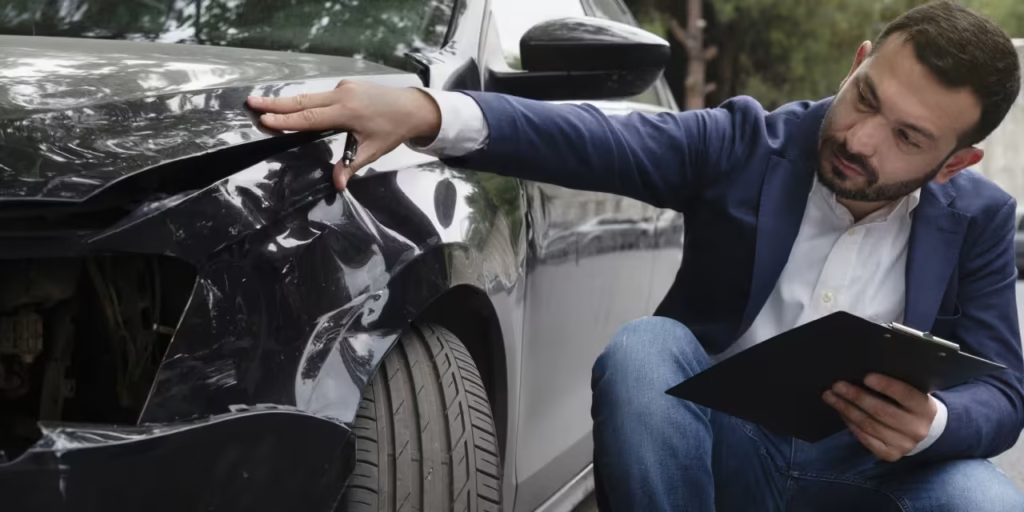
Odometer Fraud
Odometer tampering is a common issue with imported cars. Some sellers manipulate the mileage reading to make the car appear less used. Always verify the actual mileage using vehicle history reports.
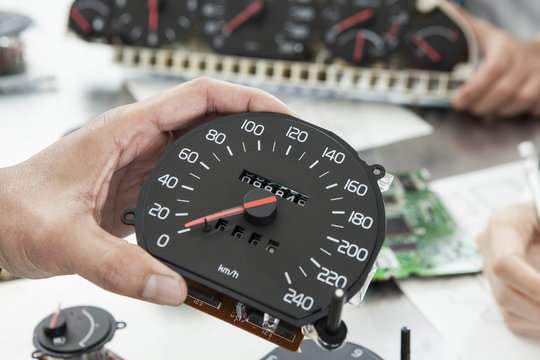
Recall and Repair Concerns
Some US vehicles may have unresolved recalls. Since they were not originally sold in Dubai, it can be difficult to get manufacturer support for recall repairs. Additionally, finding spare parts for US-spec models can be a challenge.
Evaluating the Reliability of US-Imported Cars
Here is what you should do.
Mechanical Condition
A thorough mechanical inspection is crucial before purchasing a US-imported car. Look for signs of previous repairs, rust, and fluid leaks. Test the air conditioning system, as US-spec cars may not have the necessary cooling capacity for Dubai’s hot climate.
Adaptability to Local Conditions
Consider whether the car is suitable for Dubai’s roads and weather conditions. Vehicles designed for cooler climates may struggle with overheating, while some may not have sufficient dust protection for desert driving.
Availability of Spare Parts
Check if spare parts for the vehicle are readily available in Dubai. Some US-spec cars require imported parts, which can be expensive and time-consuming to obtain.
Steps to Avoid Purchasing a Problematic US-Imported Car
You should follow the steps below.
Conduct Thorough Research
Before making a purchase, research the specific model and its potential issues. Look for online reviews and user experiences regarding the reliability of the car in Dubai’s conditions.
Verify Vehicle History
Use services like Carfax or AutoCheck to check the car’s history. Look for any past accidents, flood damage, or salvage titles. If a vehicle has been declared a total loss in the US, it may have significant underlying issues.
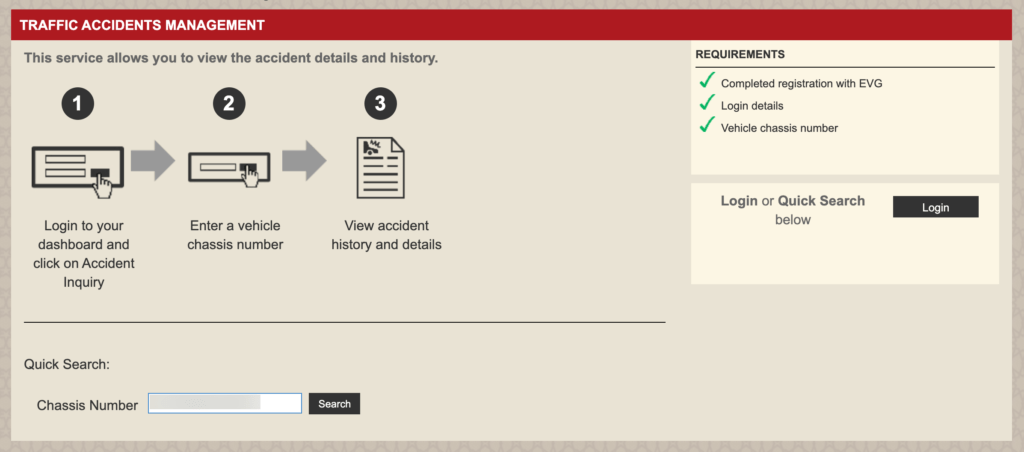
Inspect for Recalls
Visit the official manufacturer’s website to check if the car has any outstanding recalls. If the car has recall issues that cannot be addressed in Dubai, it may not be a safe purchase.
Seek Professional Inspection
Before buying, take the car to a trusted mechanic for a full inspection. They can check for hidden damage, engine performance, and transmission health. It’s worth investing in an inspection to avoid costly repairs later.
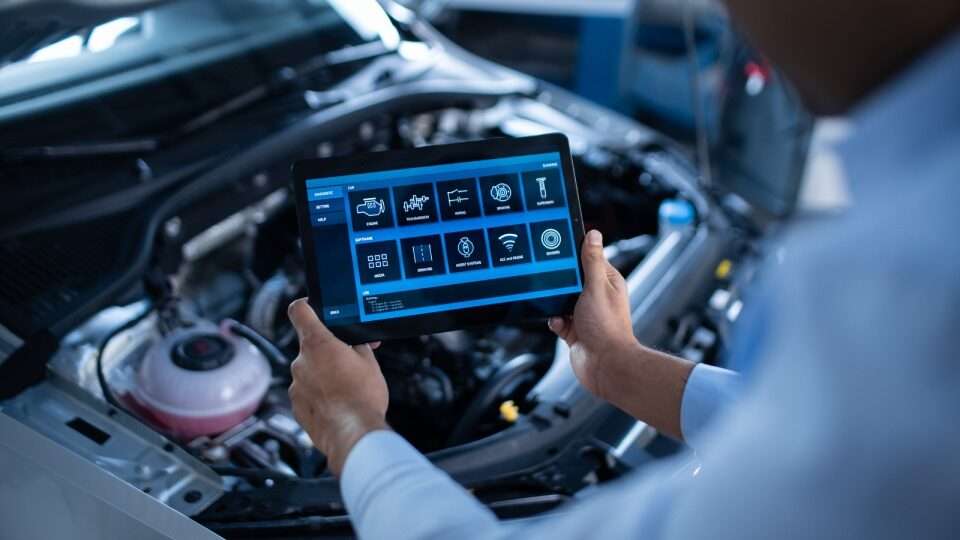
Confirm Legal Compliance
Ensure that the vehicle meets Dubai’s import regulations. Some US-imported cars may not pass RTA inspections due to missing safety features or non-compliant modifications. Verify that the car can be registered and insured without issues.
Legal and Regulatory Considerations in Dubai
Dubai has specific regulations on importing used vehicles. Cars older than a certain number of years may not be allowed. Additionally, vehicles with salvage titles may face registration issues.
Registering and insuring a US-imported car can be more difficult than a GCC-spec vehicle. Some insurance companies charge higher premiums for US-spec cars due to their potential reliability issues. Check with your insurance provider before making a purchase.
Conclusion
While US-imported cars can be a good option for buyers looking for affordability and unique models, they also come with risks. It is essential to check the vehicle’s history, inspect its mechanical condition, and ensure it meets Dubai’s regulations before making a purchase.
Always consult professionals and conduct thorough research to ensure you get a reliable vehicle that suits Dubai’s driving conditions.

